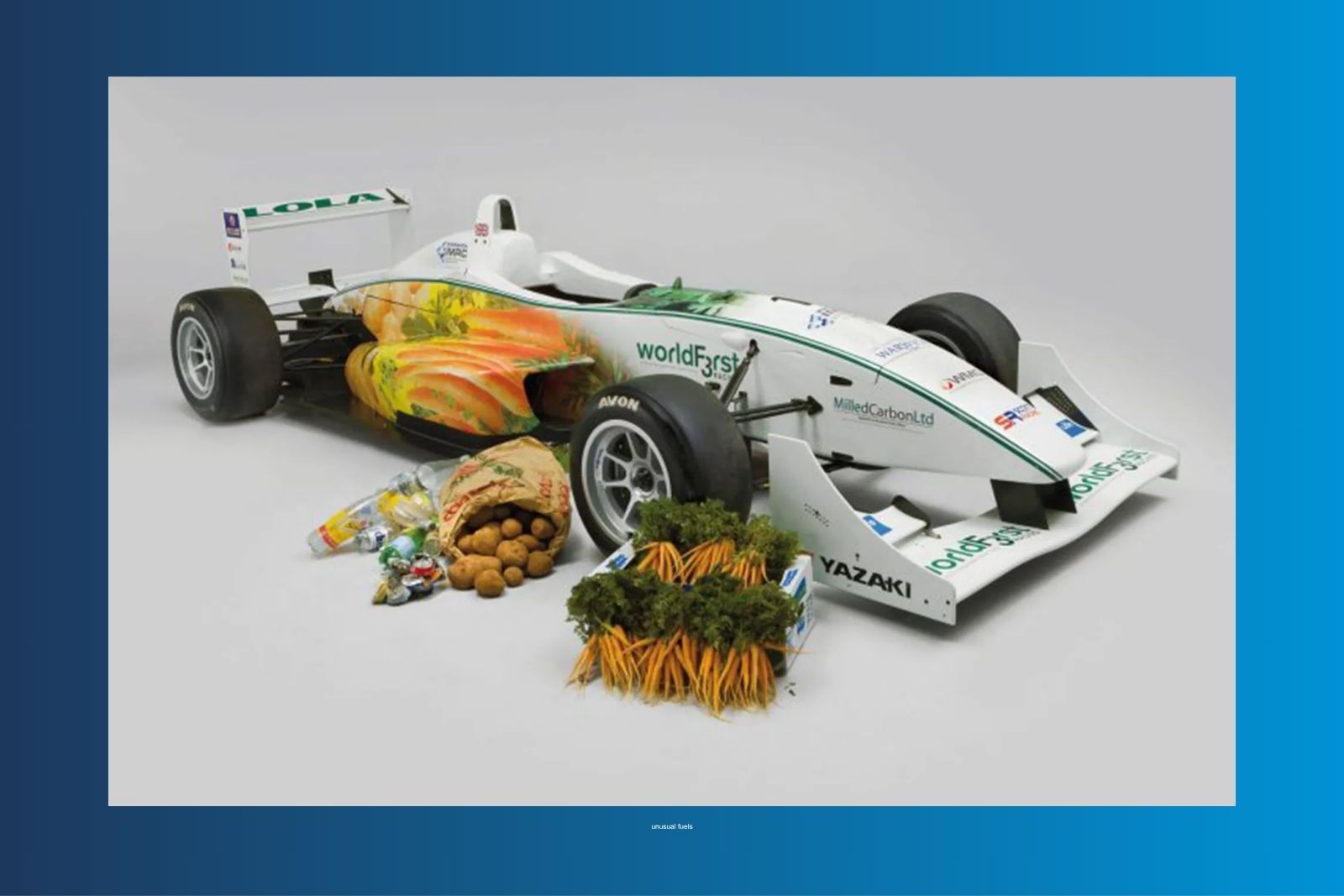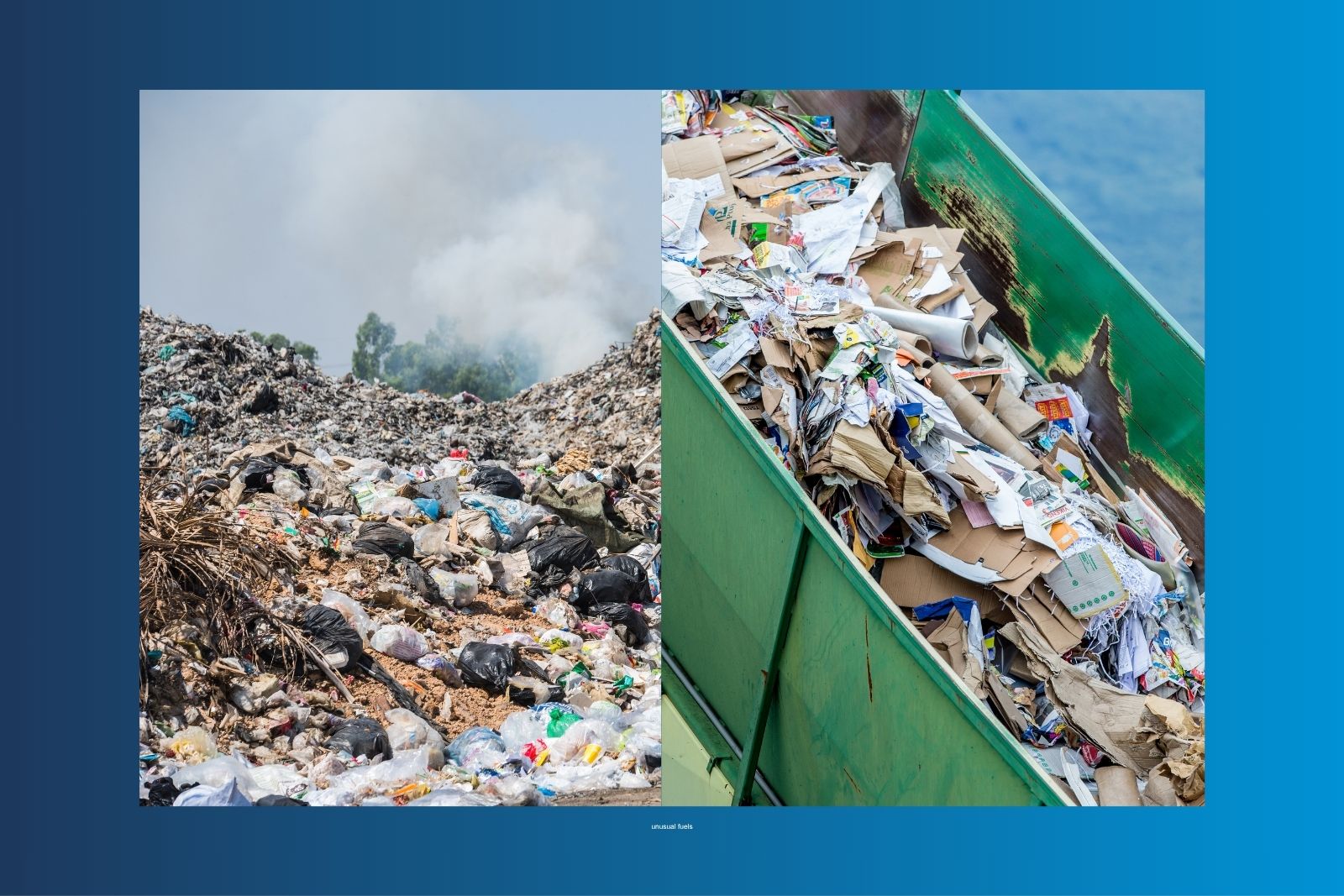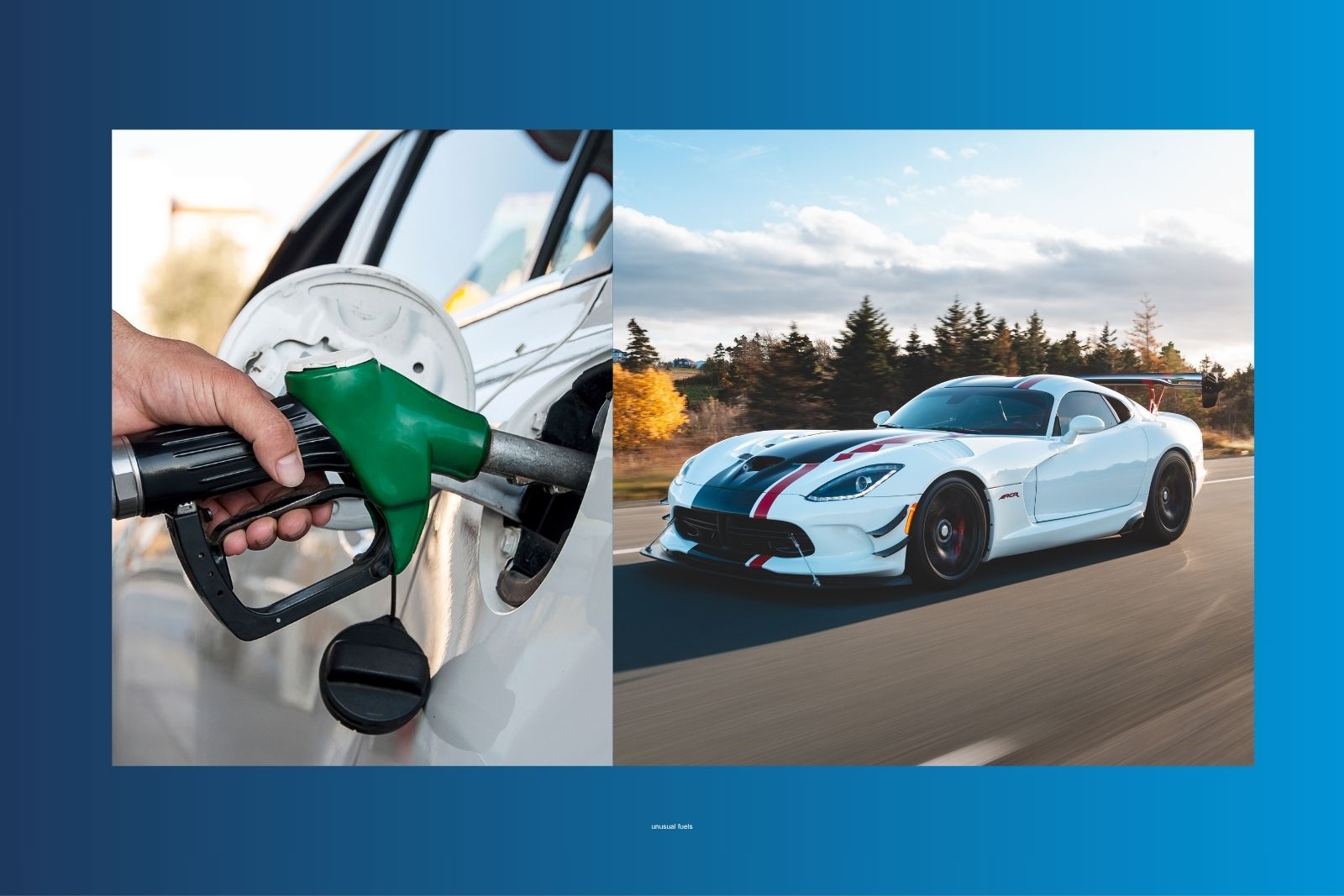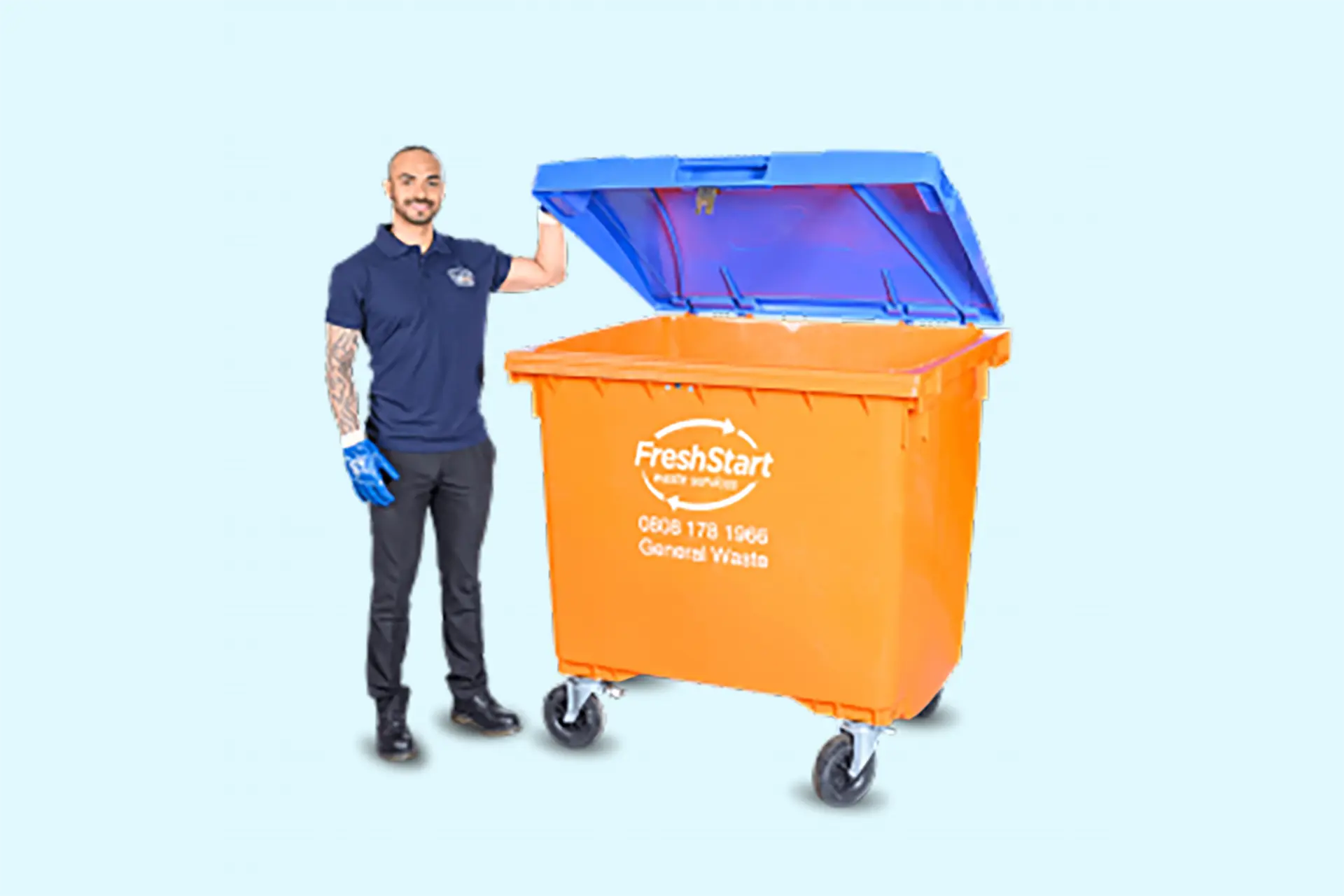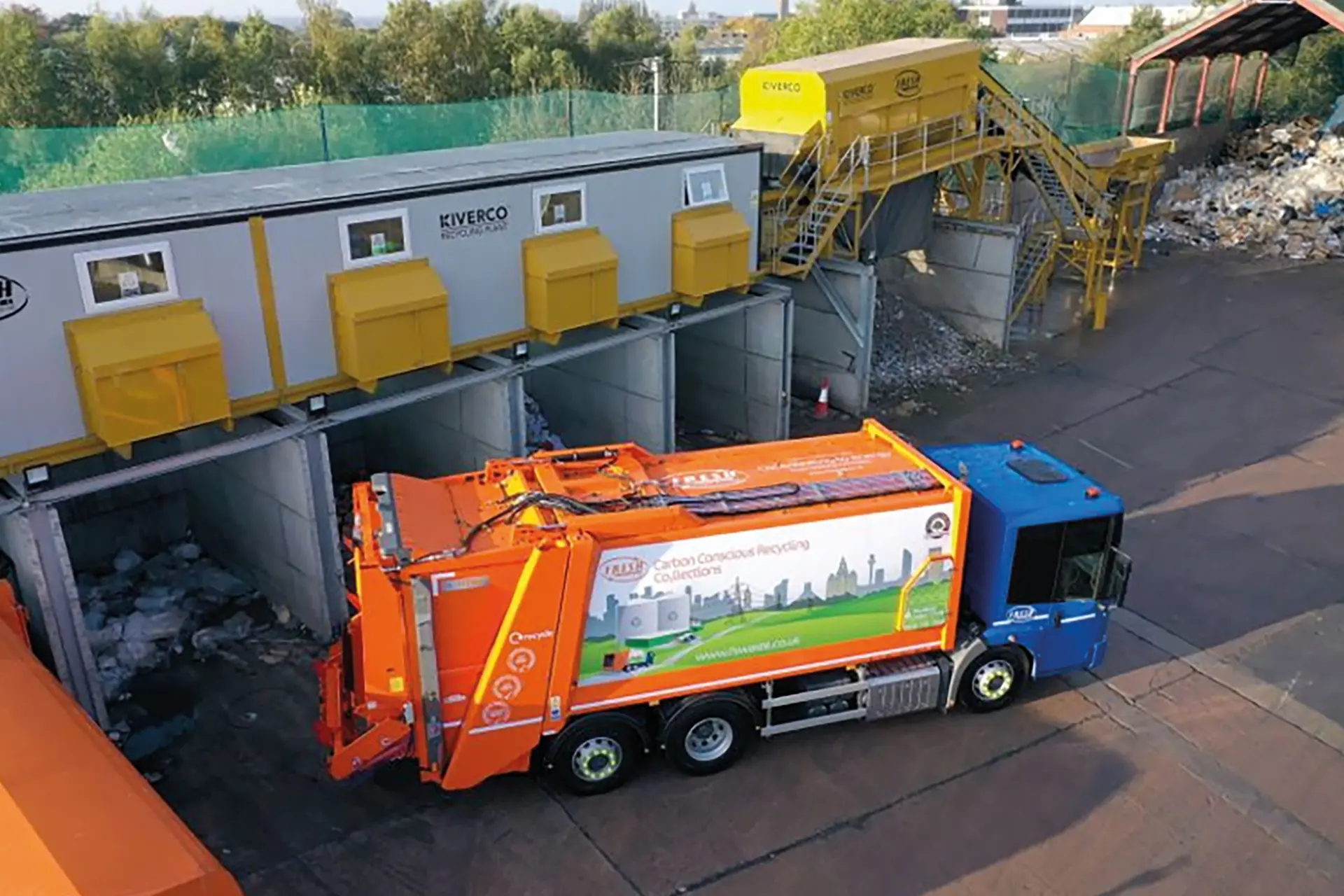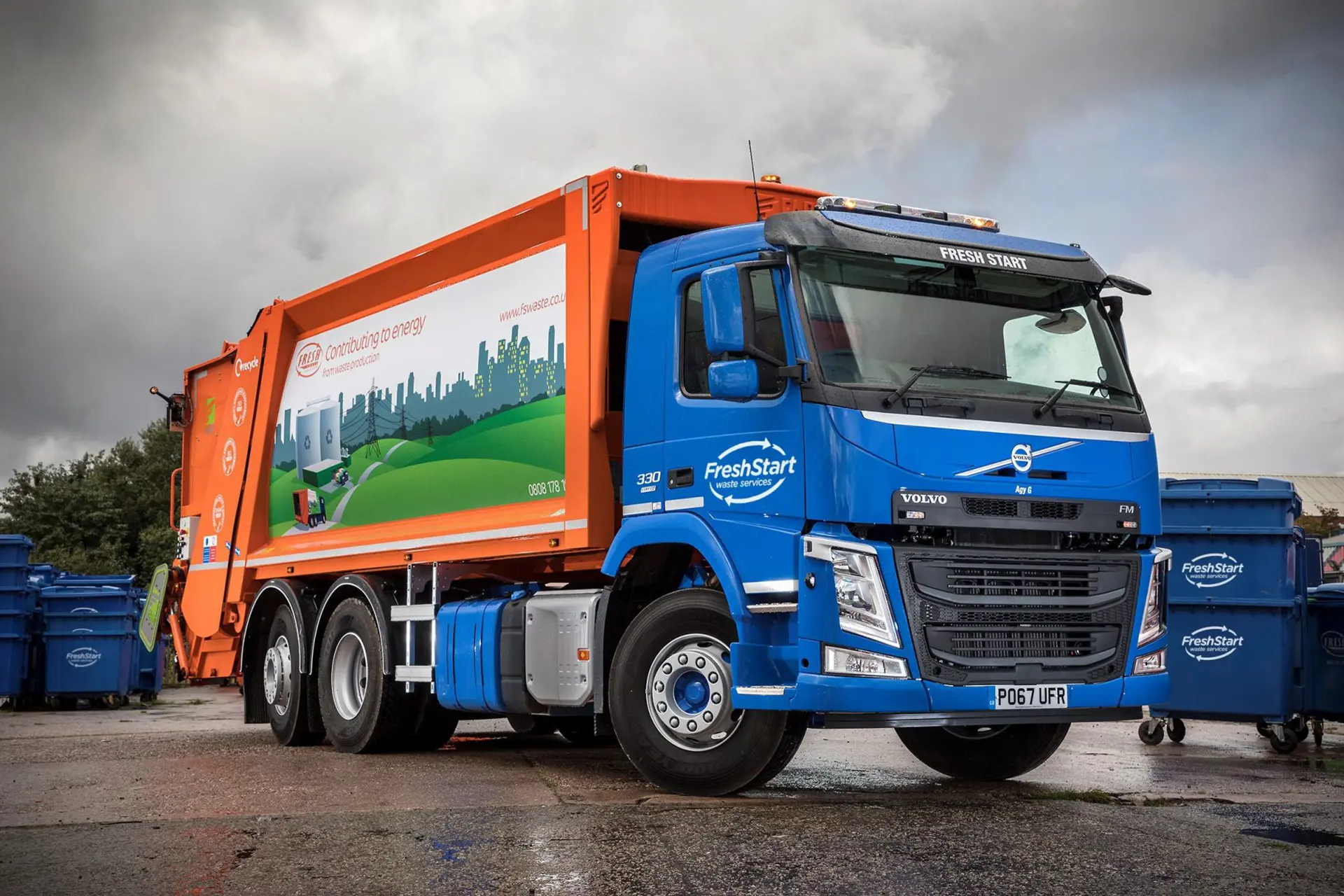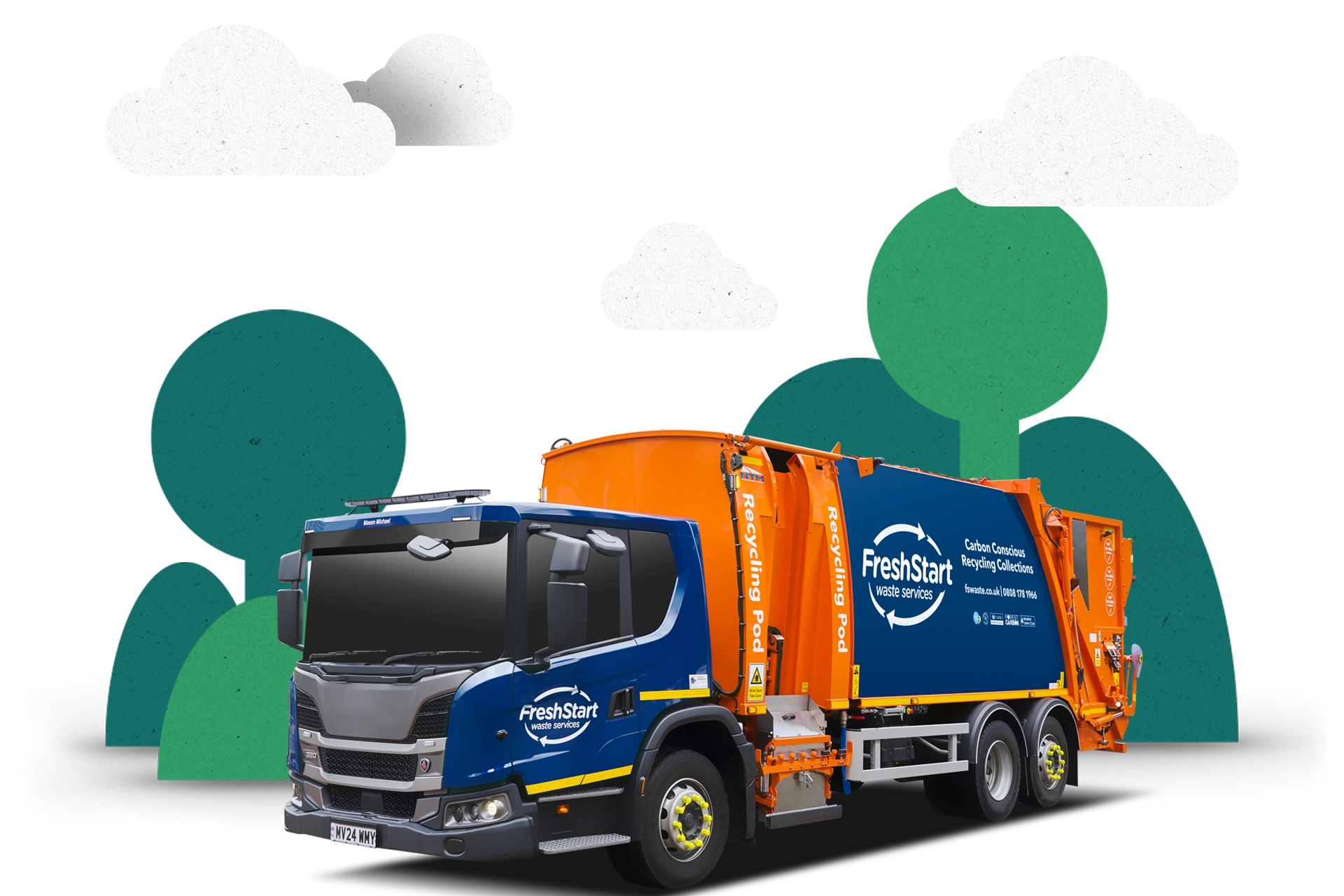Chocolate
The first in the list of our unusual alternative fuels is chocolate. While the calories from a bar of chocolate can keep a human running for a few hours, you won’t get far if you drop a Twix into your car’s fuel tank.
This could well change in the not-too-distant future, as technology exists which can power vehicles using a mix of vegetable oil and waste chocolate. Not just any old vehicles, either, but Formula 3 cars.
It was developed in 2009 by engineers at the University Of Warwick using entirely renewable resources, including a racing seat made from flax fibre and soybean oil and a steering wheel containing carrots and potatoes.
It has reached a top speed of 135mph, can go from 0 to 60 in under 2.5 seconds, and although it can’t compete in official F3 races due to bio-fuel cars not being allowed to race in the competition, it has successfully shown that items which are routinely sent to landfill can be re-used in innovative and imaginative ways.


